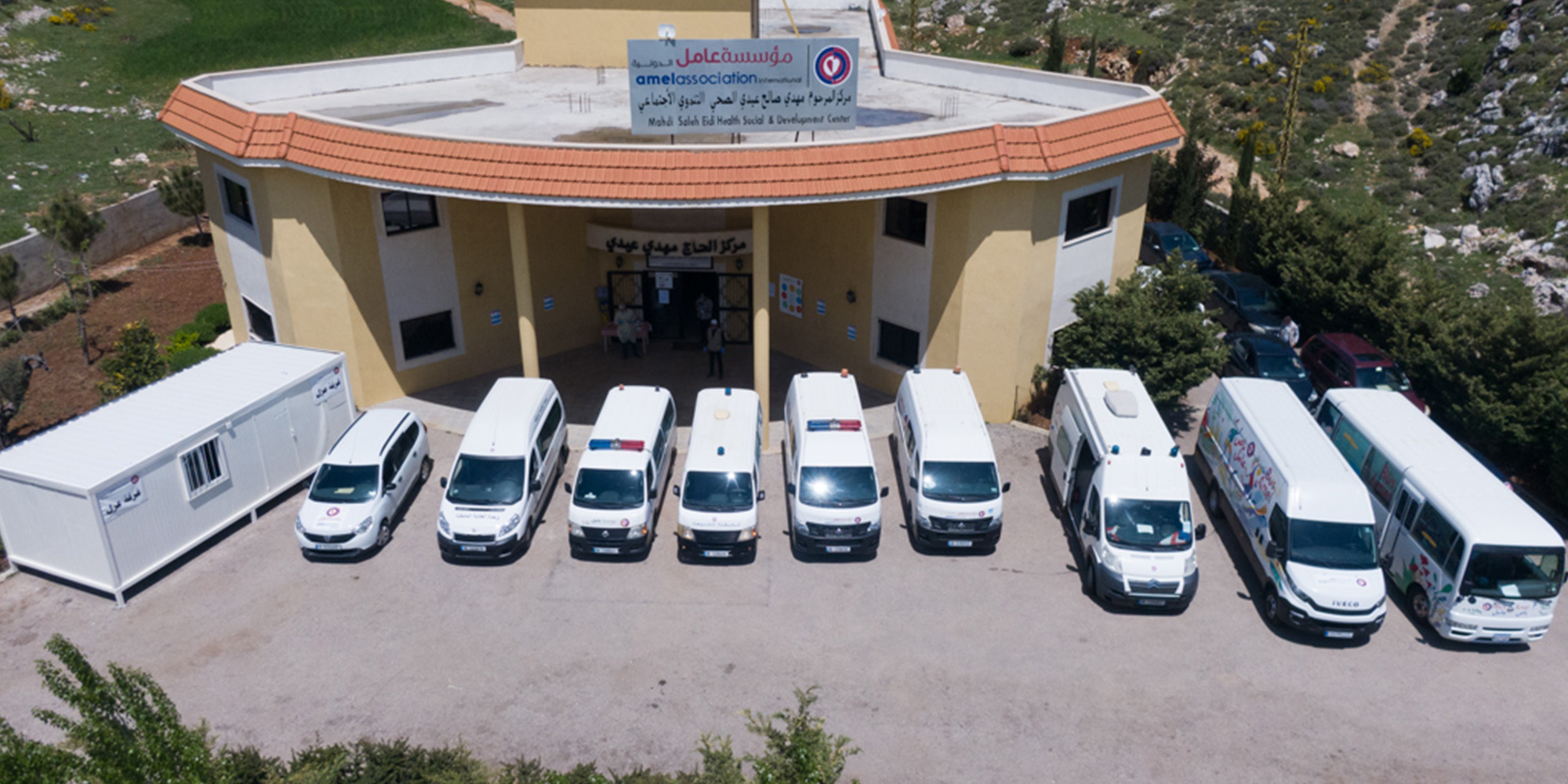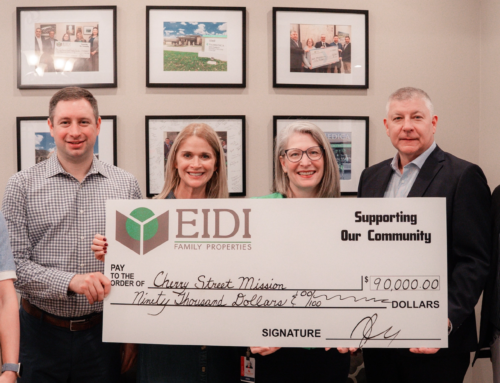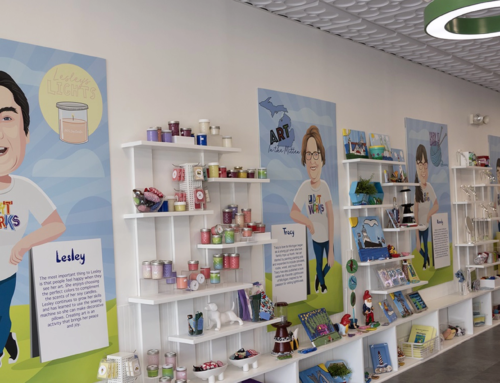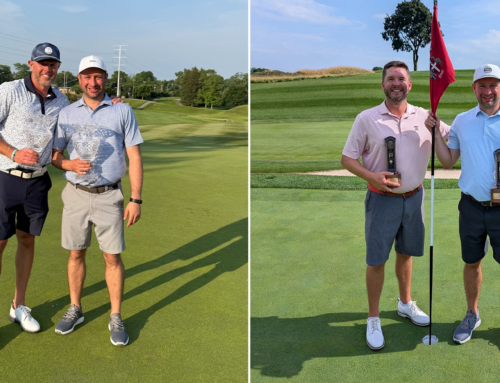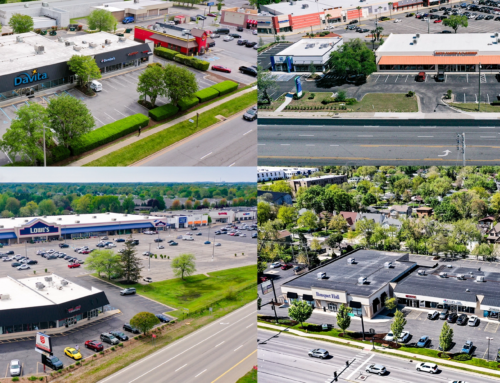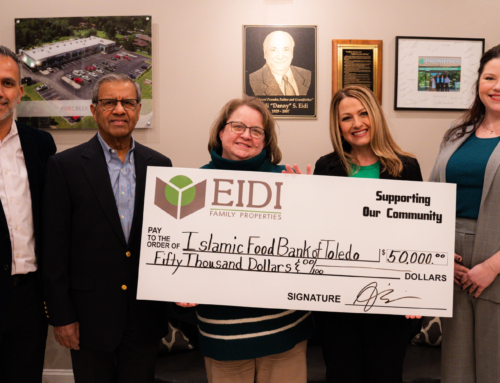When, in 2008, Eidi Properties purchased land in the Lebanese village where our founder and late father was born, we wanted to build a medical facility not only in his honor but a place that would help the underserved.
We never imagined how much The Mehdi “Danny” Eidi Center in the Bekka Valley region would become so vital to so many. Offering affordable medical care like vaccines, blood work and medical testing, the center has become a central point of information, medical help and relief.
As we face a global pandemic, we are proud that The Mehdi “Danny” Eidi Center is playing a prominent role in these unprecedented times. Run by the Amel Association International, the organization is working on the forefront of the coronavirus and chose the center to announce their action plan in combating this virus. It is in moments like these that our hopes to help make the world a little bit better can be realized. Below is an article, which we translated, on the Amel organization’s action plan.
Response to the COVID-19: Amel mobilizes its 9 mobile units and 25 centers across Lebanon
On the 18th of April 2020, Amel Association International (Amel), officially released its action plan in response to the COVID-19 pandemic including its 25 centers, 6 mobile medical units, 2 education mobile units and 1 protection mobile unit. In addition to Amel’s dedication to helping the most vulnerable Lebanese communities for the past forty years, Amel has been since 2012, extending its services to Syrian refugees and dedicating its work to ensuring the right to health and dignity for all, regardless of nationality or religious affiliation.
The action plan was outlined by Dr. Kamel Mohanna, the President of Amel and the General Coordinator of the Lebanese NGOs network, in West Bekaa at Amel’s health and development Hajj Mahdi Eidi Center located in Mashgharah. He was accompanied by the vice-president of Mashghara’s Municipality Mr. Abdallah Hadla, two members of Amel’s Board, Mr Ahmed Abboud and Dr. Zeina Mohanna, Amel’s Health coordinator Mr Mohamed Zayed, as well as members of the field teams including many doctors and nurses and members of the organization’s communications team.
The stark lack of medical resources in many areas of Lebanon particularly in rural areas and in informal settlements, coupled with a lack of awareness when it comes to the spread of the Coronavirus has lead Amel to mobilize its teams to mitigate the crisis’ impacts. Mobile Medical Units have been trained to prevent the virus and its spread whilst Isolation Centers have been set up in regions of the Bekaa Valley which lack infrastructure. Amel’s action plan has been designed through lengthy consultations with a variety of actors such as the World Health Organization, the Lebanese Ministry of Public Health, the High Commission for Refugees of the United Nations (UNHCR) and with the Lebanese NGO Network.
One of the cornerstones of Amel’s struggle to ensure the population living in Lebanon its right to health, are the nine mobile units operated by Amel. They are mobilized in informal settlements and rural areas so as to be a mediator between Amel’s health centers and vulnerable populations. Furthermore, they are working closely in partnership on the one hand with the Rodolphe Mérieux Laboratory and Foundation Mérieux, and on the other with the Université St Joseph of Beirut hospital Hotel-Dieu de France.
Furthermore, Amel has established an emergency call centre at the Ministry of Public Health, under the supervision of the Ministry and in cooperation with the United Nations High Commission of Refugees. It has mobilized nine medical nurses to respond to the inquiries and worries from people calling the centre for issues related to the Covid-19. In addition to the call centre, Amel has set up a website in Arabic dedicated to building awareness about the virus. This has been accompanied by the relentless work of the media department which is posting informative posts and awareness-raising content on all its platforms. The media department has sought to develop content specific to vulnerable populations in Lebanon, focusing posting in Arabic and content reflecting the reality in which Amel’s beneficiaries live.
In this manner, the entirety of Amel’s action plan was developed and adapted to difficulties and harsh realities people are facing on the ground in marginalized communities in Lebanon. Whilst basing itself on the experiences and successes encountered in other countries, it has sought to adapt its response in fighting the coronavirus to the particular context of Lebanon. It was also designed following the recommendations of the Ministry of Health and drawing on over 40 years of experience in delivering health services to impoverished communities.
Dr. Mohanna recalled the importance for people to cooperate and comply with the necessary health recommendations such as social distancing and enhance hygienic measures. He stressed the need for a rapid response to provide preventative actions in the informal refugee camps as he stressed they are a “ticking time-bomb” which could ignite at any moment. He also emphasized that this crisis must be tackled through solidarity and compassion, via a human approach which is at the heart of Amel’s values and which is the only way this crisis can be dealt with successfully. He explained that this world crisis which is crippling strong economies in the West arrives at a particularly difficult moment for Lebanon which has been for months now tackling a strong social-economic crisis. This led him to call for a strengthening of ties and cooperation between the public, the private and the humanitarian sector.






